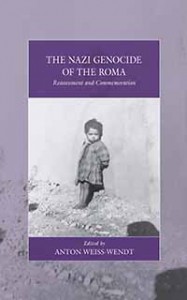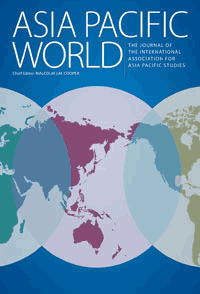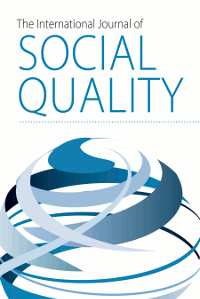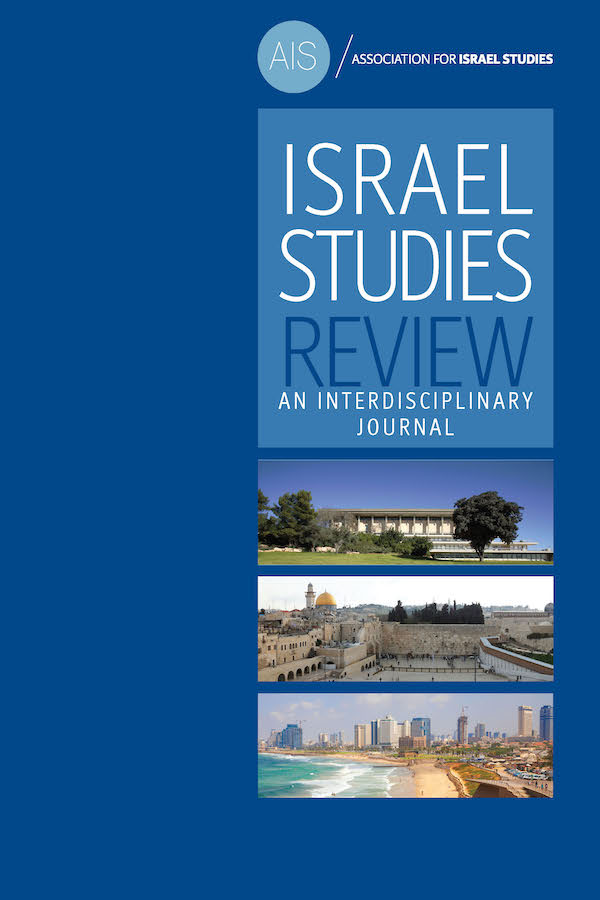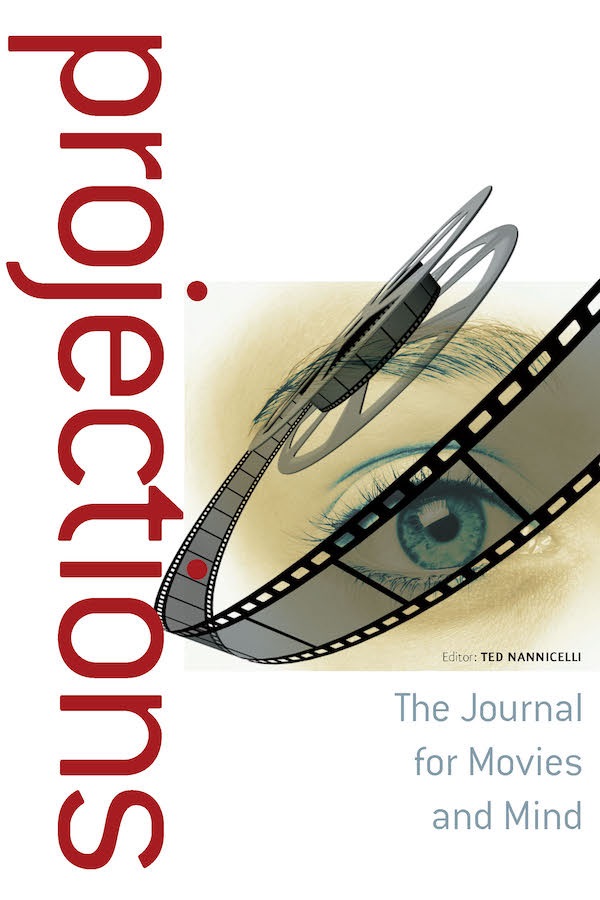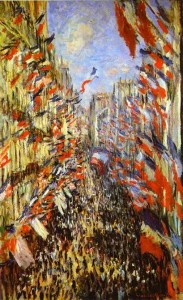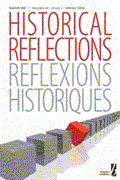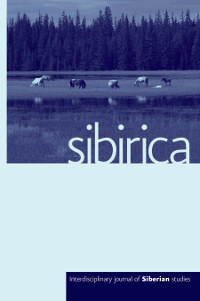
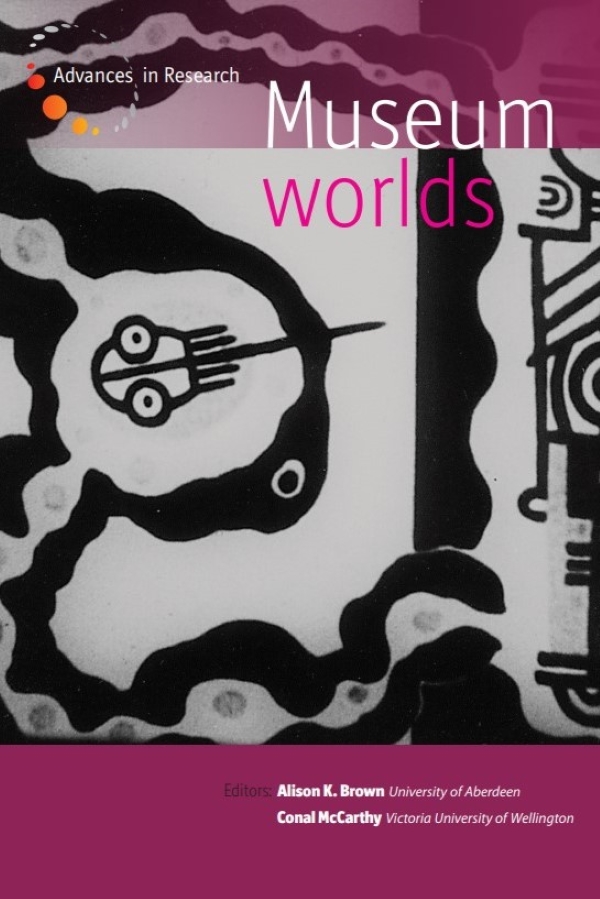



Journeys
Volume 14, Issue 1
This issue discusses railway guides in South Wales, the work of Wilfred Thesiger, tourist blogs in Southwestern Ethiopia, and a former Soviet prison camp. It also features book reviews.
Anthropology of the Middle East
Volume 8, Issue 1
This is a very particular issue, and its topic–art in the Middle East–is new. All of the writers seem deeply involved in their subject and present their research in a fresh and spirited way.
Museum Worlds
Volume 1, Issue 1
This is the first issue of our newest journal. Museum Worlds represents trends in museum-related research and practice and builds a profile of various approaches to the expanding discipline of museum studies.
Transfers
Volume 3, Issue 2
This issue features articles exploring many subjects within mobility scholarship as well as film, museum, and book reviews.
German Politics & Society
Volume 31, Issue 2
This special issue is devoted to the experience surrounding migration from Turkey to Germany and was motivated by the 50th anniversary of the first Turkish migrant marked in 2011.
Anthropology in Action
Volume 20, Issue 2
This special issue on the study of organizations investigates the dynamic nature of boundaries arising from historical and social contexts.
French Politics, Culture, and Society
Volume 31, Issue 2
This journal explores modern and contemporary France from the perspectives of the social sciences, history, and cultural analysis. It also examines the relationship of France to the larger world, especially Europe, the United States, and the former French Empire.
Historical Reflections/Reflexions Historiques
Volume 39, Issue 2
This special issue comprises articles exploring issues of genocide and the Holocaust, especially as they relate to notions of betrayal, justice, and social bonds.
Regions and Cohesion
Volume 3, Issue 2
This journal promotes the comparative examination of the human and environmental impacts of various aspects of regional integration across geographic areas, time periods, and policy arenas.
Sibirica
Volume 12, Issue 2
This special issue comprises articles based on papers presented at the session “Baikal Issues under Persistent State Care” at the 2012 Annual Meeting of the Association of American Geographers.
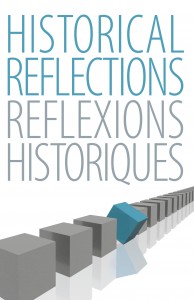 This is the fourth in a series of posts dedicated to celebrating the 40th volume of our journal Historical Reflections/Reflexions Historiques.
This is the fourth in a series of posts dedicated to celebrating the 40th volume of our journal Historical Reflections/Reflexions Historiques.
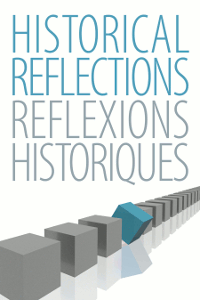 This is the third in a series of posts dedicated to celebrating the
This is the third in a series of posts dedicated to celebrating the 




